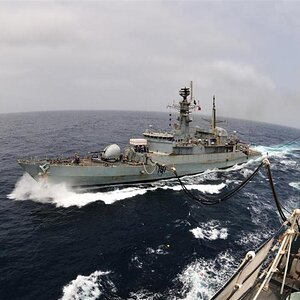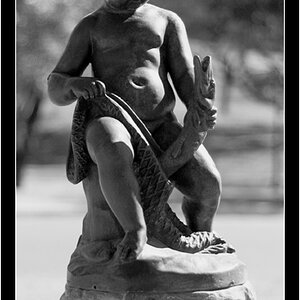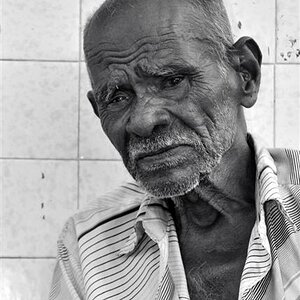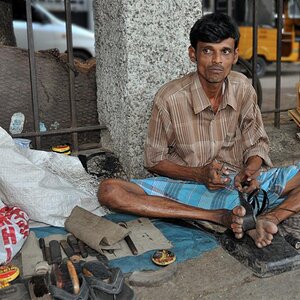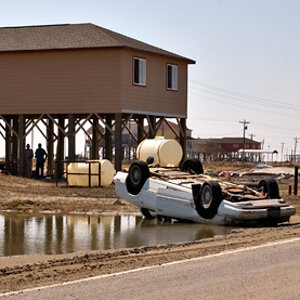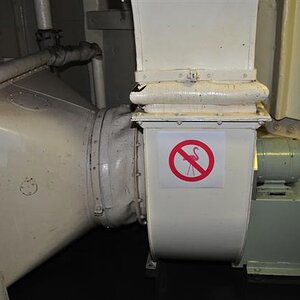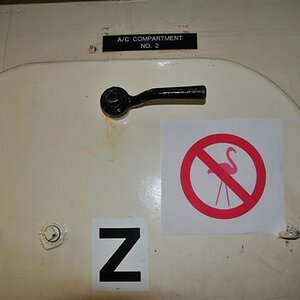I am a complete beginner to photography and my interest is in Film cameras. I'm finding it really hard to work my way through all the different types of cameras. Basically I want to know if more expensive 35mm cameras give better quality than basic 35mm cameras. By "quality" I mean resolution. I'm not talking about how good the picture, I'm just talking about resolution.
In 1990 my father bought a Minolta camera for about £900 because he was an avid photographer. Growing up in the 90's I used to see a lot of budget cameras for about £30 which is what most people used for their holidays, birthdays etc. Everytime I saw a camera I used to compare it to my dads expensive camera. This Minolta camera really was the business but I've always wondered if it gave a better quality than cheap/budget cameras. I know cameras in the high priced bracket will of course give more features, brighter flash, more zoom etc but does it produce a higher resolution than cheaper cameras?
Same goes for older cameras. If I took a photo from a Minolta SR-T 101 made in 1958 will that give me an inferior photo compared with a 35mm film camera of today? Why are so many cameras made in the 50's and 60's so expensive after all this time. I would have thought photo's taken from those cameras now will not be anywhere as good from 35mm cameras of today.
Any replies would be much appreciated.
In 1990 my father bought a Minolta camera for about £900 because he was an avid photographer. Growing up in the 90's I used to see a lot of budget cameras for about £30 which is what most people used for their holidays, birthdays etc. Everytime I saw a camera I used to compare it to my dads expensive camera. This Minolta camera really was the business but I've always wondered if it gave a better quality than cheap/budget cameras. I know cameras in the high priced bracket will of course give more features, brighter flash, more zoom etc but does it produce a higher resolution than cheaper cameras?
Same goes for older cameras. If I took a photo from a Minolta SR-T 101 made in 1958 will that give me an inferior photo compared with a 35mm film camera of today? Why are so many cameras made in the 50's and 60's so expensive after all this time. I would have thought photo's taken from those cameras now will not be anywhere as good from 35mm cameras of today.
Any replies would be much appreciated.





